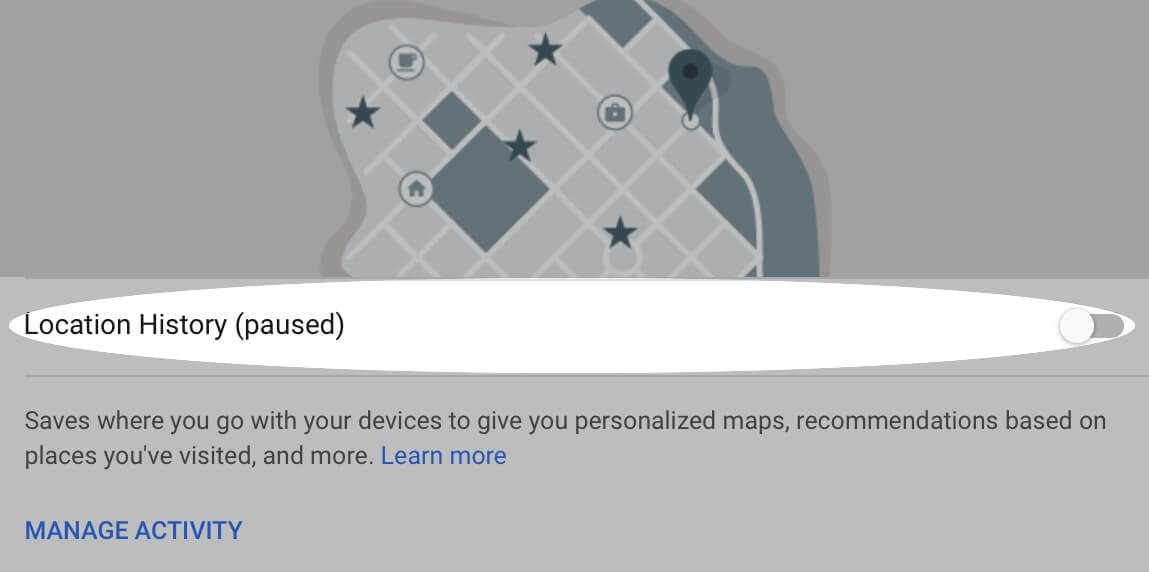In context: Monday we reported how Google still tracks you even when you turn off Location History. Some apps continue to collect your location information. Disabling tracking is all the more difficult due to the lack of transparency on Google's part.
Thanks to the backlash from users, some of whom were not even aware they were still being tracked, Google has changed the language on its help pages to clarify its tracking practices.
Today a Google spokesperson told the Associated Press, "We have been updating the explanatory language about Location History to make it more consistent and clear across our platforms and help centers."
Its stance seems to have swung 180 degrees since Monday when the search giant claimed that it was "perfectly clear" regarding its tracking policies. Public outcry obviously changed the company's mind about just how transparent it was.
The specific language used on the Location History help pages was quite misleading. It previously said, "With Location History off, the places you go are no longer stored."

This statement is patently false. Many apps including Maps and Chrome continue to store your location even with history disabled. This statement has been removed and now reads:
"This setting does not affect other location services on your device, like Google Location Services and Find My Device. Some location data may be saved as part of your activity on other services, like Search and Maps."
The clarity and transparency are welcomed and all, but it still does not address the oblique and cumbersome process involved in turning off location services. First, you have to log into your Google account and select "Manage Your Google Activity." Then click "Go To Activity Controls." On the next page, you have to toggle off "Web and App Activity (image above)."
As you can see, even if you know what you are doing the process is not straightforward. Of course, while Google may deny it, this is undoubtedly by design. Since we are the product that Google sells, and our location data is valuable to advertisers, the company naturally made opting out of location services more complicated than it needs to be.
Until Google makes a "Location Services" toggle built into the Android OS, the company is not really doing users any favors.
